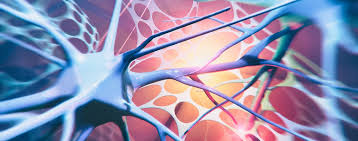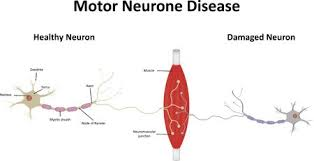
It is important to know what motor neurone disease is, because if you are not familiar with it, you might not be aware of its symptoms. It can be related to frontotemporal dementia, which is sometimes diagnosed before motor neurone disease and mobility problems arise. If you suspect that you or someone you love has this condition, make an appointment to see your doctor. A neurologist will evaluate your symptoms and perform specialised tests to rule out other possible causes of the problem. Motor neurone disease is rarely painful, but it can be debilitating for the person affected and is degenerative.

Treatments for motor neurone disease vary. You may receive a breathing mask to reduce shortness of breath or an artificial feeding tube to keep nutrition under control. You may also be prescribed medication to regulate oral secretions. You may be offered riluzole, which has a small effect on survival rates. If you have already been diagnosed with motor neurone disease, it is important to discuss treatment options with your doctor or healthcare provider. You might want to consider planning ahead and making adjustments in the home for when mobility issues occur. For more information on Mobility Aids, contact https://www.abilitysuperstore.com/

Motor neurone disease affects the nerves in the brain and spinal cord. These nerves carry instructions for movement throughout the body, so when motor neurons fail, messages are not sent to the muscles. The muscles begin to become weak, stiff, and suffer wastage. You may have difficulty walking, talking, eating, breathing, and even swallowing. A person can be affected at any age, so it is important to know what to look out for.







